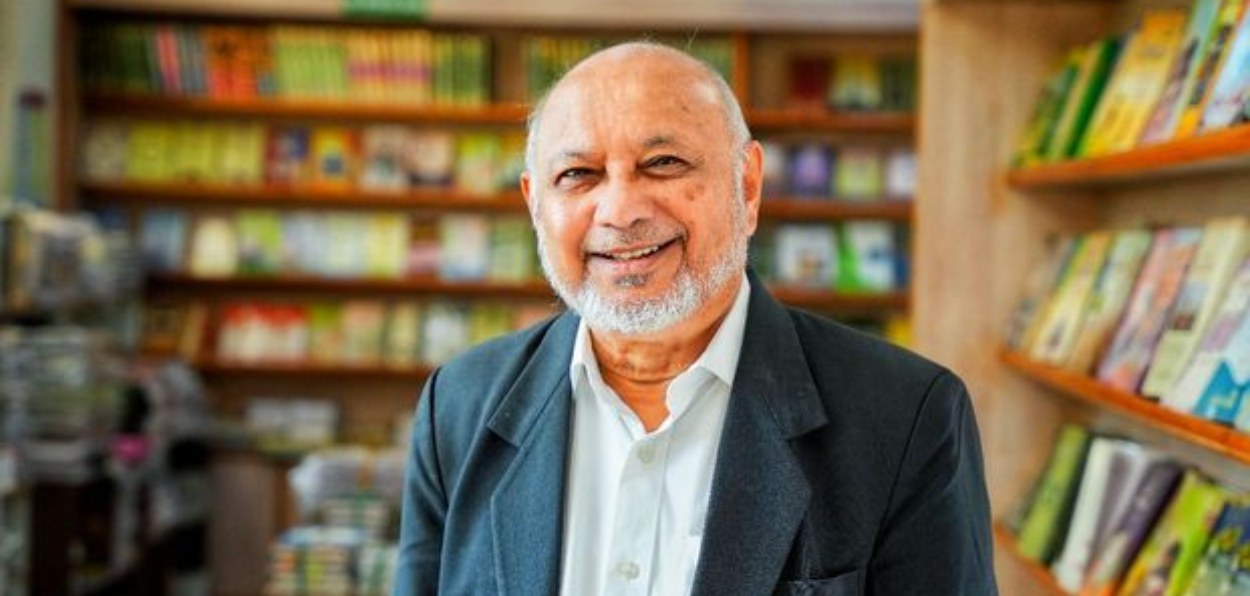
Mansooruddin Faridi
“All the Indians know that the Taj Mahal and the Red Fort were built by Muslim rulers, but they have no idea of how Muslims live and worship because we have closed our doors to others. We mystified ourselves; it created misunderstandings and doubts in the minds of others,” H. Abdur Raqeeb of the Indian Center for Islamic Finance, said.
“However, a lot has changed after the Covid-19 pandemic during which the Muslims started relief work from the mosques. Due to this the other Indians came to know about Muslims and their lifestyle. Also, it made the Muslims realize how they can make better use of the mosques.”
H. Abdur Raqeeb of the Indian Center for Islamic Finance told this to Awaz-the Voice on the issue of how mosques could be used for the common welfare of people.
He said that the social and welfare activities carried out during the time of Prophet Muhammad at Masjid Nabawi, the second holiest place of worship in Islam, are like fairy tales in books, at least for Indian Muslims. Muslims have now started using mosques for worship as well as for countless services.
There are many mosques in the West right from the USA to Europe, where community welfare is a practice under the banner of Islamic Centers.
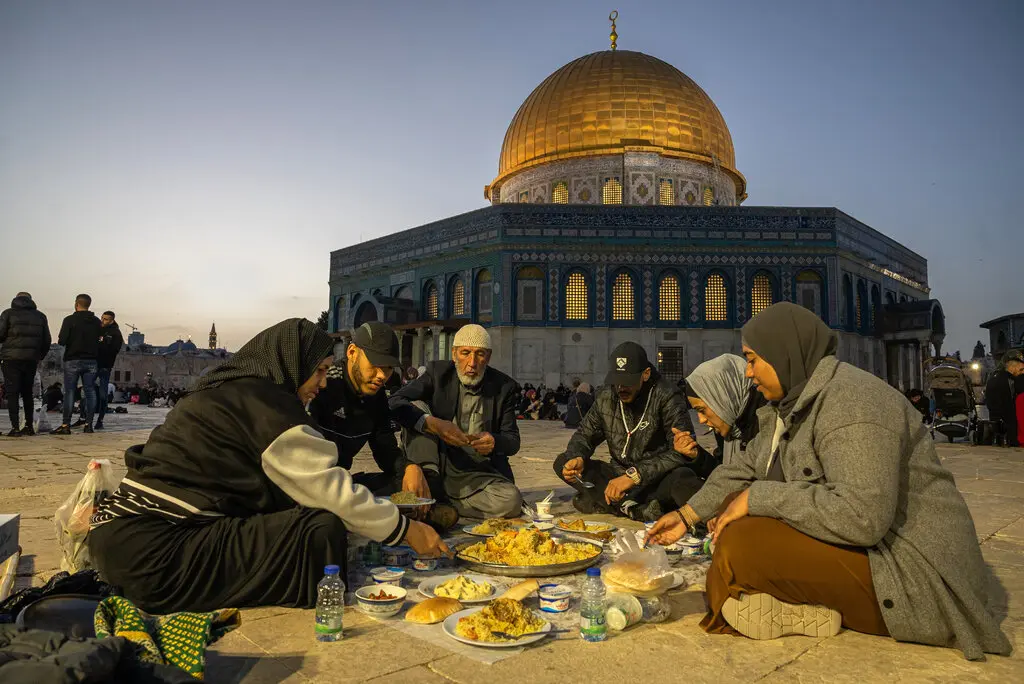
Inside a mosque in Europe
During the Covid pandemic, mosques all over the world started charities and suddenly people realized the uses of the huge premises of the mosque.
Speaking with Awaz-The Voice, Rakeeb said that you think of Christians, the vast network of services provided by the community through their educational institutions and hospitals comes to one’s mind. When it comes to Sikhs, their langar comes to mind, but when it comes to Muslims, only bearded faces come to mind.
He said that Muslims had isolated themselves for too long, but the Covid pandemic allowed us to use mosques for welfare. Services initiated in mosques are part of Islamic history, which we seem to have forgotten to some extent.
“Earlier there was a lack of understanding about the utility of mosques for public welfare other than worship. The pandemic ended this confusion.”
Abdur Rakeeb said that a closed society is harmful. Once GK Moopanar (Congress leader from Tamil Nadu) was invited to a mosque, and he was surprised to see that Muslims do not use any idol or any other object in worship. This was surprising to him, as he had never visited a mosque. We must ensure that mosques are accessible to people of all religions. This will remove doubts and increase closeness.
We only think of a mosque as the house of Allah. Only a person who is ignorant of Islamic history can think like that.
According to Abdur Rakeeb, a mosque is a revolutionary institution in Islam and it’s akin to a heart in the human body. As long as the heart is active, there is life in the body and when the heart becomes weak, the body also becomes weak.
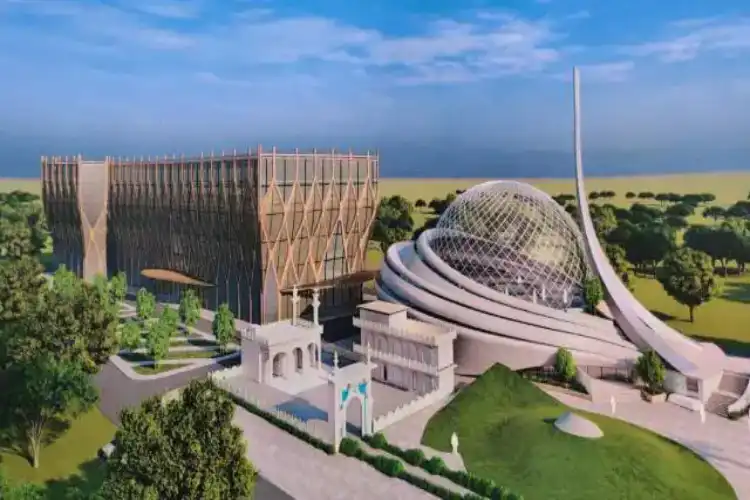 The proposed Dhanipur mosque, which will be India's first modern Islamic complex
The proposed Dhanipur mosque, which will be India's first modern Islamic complex
It is not only a place for obligatory prayers, Sunnah, Nawafal, Itikaf, Qiyam, and Sajjud, but also a center of worship, training, invitation, and especially service to the people, and this is unique.
The importance of the mosque can also be gauged from the fact that the Prophet called it the center of all personal and collective affairs.
As per hadith one day Hazrat Saad bin Ubada invited many people of Safa for dinner (Haliat al-Awliya al-Isfahani). One day the Holy Prophet came out of his sacred room and entered the mosque and saw that there were two groups. One group was engaged in reciting tasbeeh and zikr and azkar and the other was gaining knowledge.
The Prophet said that although both are doing good work, the group involved in education is the better one. He also joined this group.
Abdul Rakib Saheb says that we can increase the scope of use of mosques, for this, there are different ways and methods, for which we have to sit and think and develop knowledge.
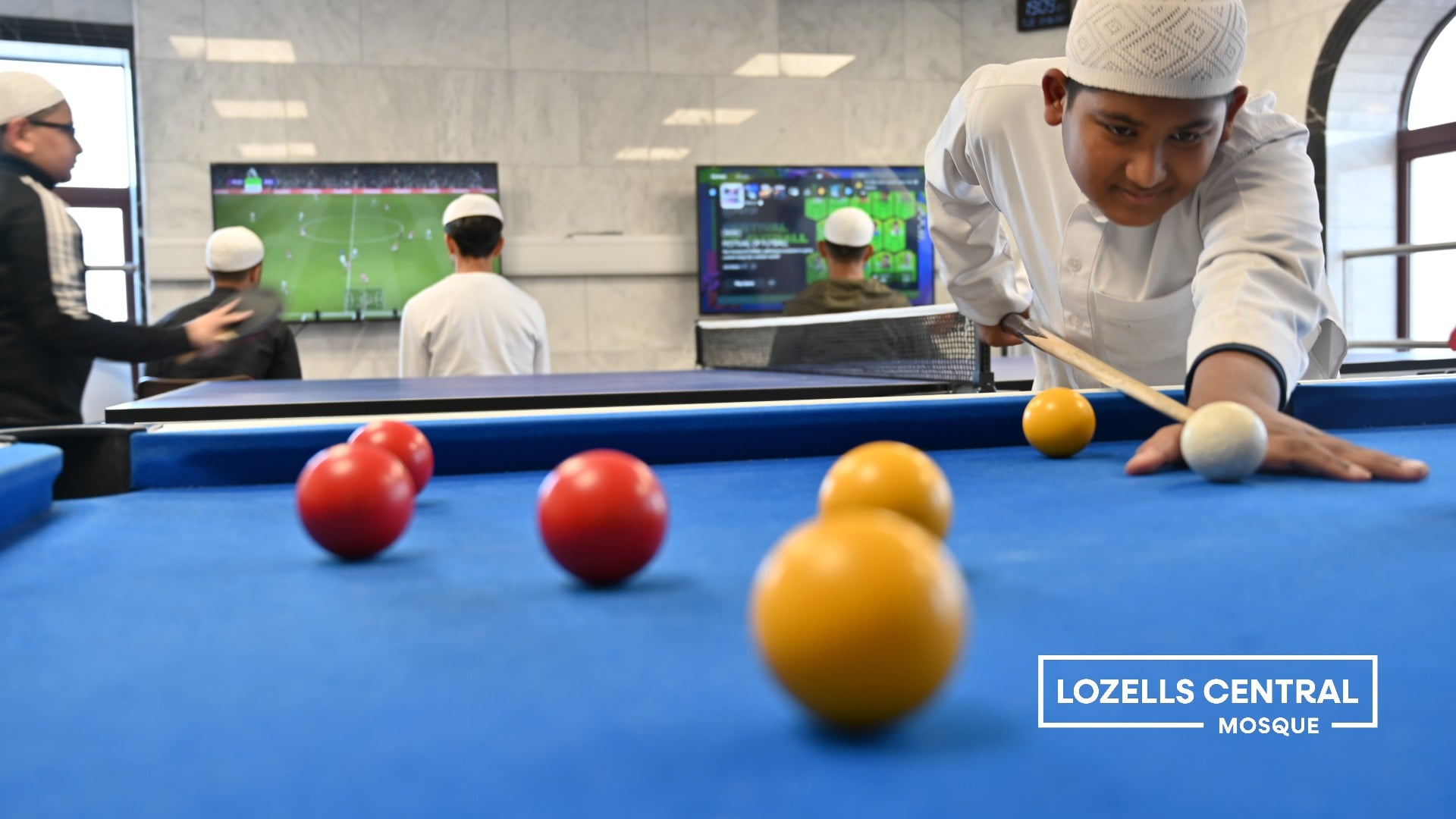
Abdul Rakib says that now many mosques in the country have gymnasiums for physical fitness. This is a big change. It is a part of life and a guarantee of health. He said that we have forgotten the fact that along with education, the Holy Prophet also arranged for the physical training of his companions.
The Prophet of Islam always encouraged people to exercise, even if the goal was exercise, he would go there and arrange horse races, camel races, and men's races and encourage participants.
Even today, a mosque near the northern door of Masjid Nabvi, called 'Masjid Sabbak' stands as testimony to this. Sabbak in Arabic means to participate in the competition. The Prophet stood at a vantage point and would observe the galloping horses to decide which horseman hit the first place.
Biographers have written that the Prophet used to reward the first five riders, mostly in the form of dates. (Al-Maqriji: Al-Sharjah and Al-Athar, Vol. 1)
Today we have limited our mosques to worship. How mosques were used back then would surprise many people. Abdul Rakib says that on Friday giving sermons from the Prophet's mosque was common, at the same platform, literature, and poetry conferences were also held.
Hazrat Hasan bin Sabit and other companions of the prophet praised God, the prophet, and described Islam and the events and literary interests of Jahili (dark) period. Its details are found in Sahih Bukhari. There were also many Abyssinians in Medina, who used to organize javelin and other physical exercises and games on special occasions.
Once on the day of Eid, the Prophet performed Abyssinian juggling at Masjid Nabawi in front of Ayesha Siddiqa. She left the place only after she was tired.
Once upon a time, mosques were used to find solutions to every problem. Abdul Rakib says that along with the worship of Allah, the mosque timetable also had a slot for social and welfare work and consultation. Whenever there was an important financial matter to be discussed and it coincided with prayer, then soon after prayers everyone came together to discuss it.
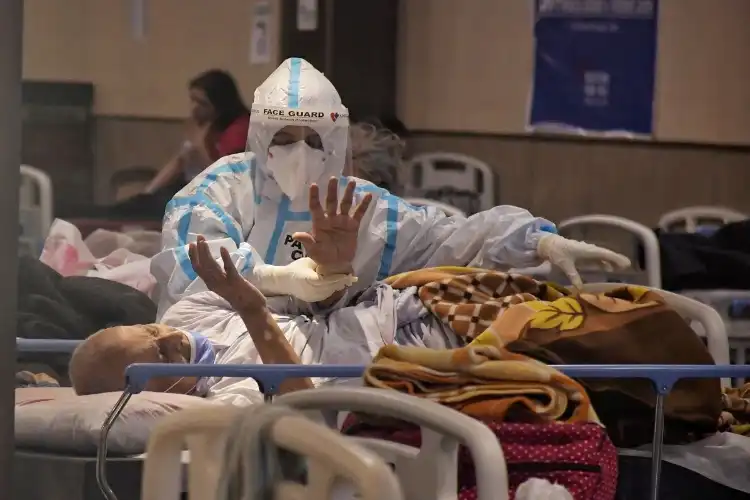 A South Delhi mosque that was turned into a Covid center during the pandemic
A South Delhi mosque that was turned into a Covid center during the pandemic
Abdur Rakeeb says that a military hospital was established in the Masjid Nabawi for the Mujahideen where the injured were given treatment and their wounds nursed. Hazrat Rafida was in charge of this work.
During the Battle of Khandak, Hazrat Saad bin Mu'adh was seriously wounded and a tent was set up for him at the mosque for treatment. (Bukhari)
It’s good to see that after the pandemic, medical centers and other services started even in mosques across India. Muslims have recognized the fact and history that mosques can be used for purposes other than worship.
Today the number of mosques is ever rising but their responsibilities and roles are limited. We (Muslims) can widen our circle as it was in the time of the Prophet of Islam. Abdul Rakib says that a delegation from Najran came to the service of Prophet Islam. The Prophet of Islam not only felicitated them in the mosque but also allowed a 60-member Christian delegation to worship inside.
Maulana Abul Kalam Azad says: At that time, because of the enmity of Islam, he kept strong-minded people in the mosque. As a result, the Taif tribe which the Muslims could not conquer even by pelting stones for 40 days was won over by the Prophet with a few hours of talking.
As it says: An iron sword can hit the head, but no one is better than the sword of love. (Jami al-Wahid: page 19)
Today we discuss if women can come to the mosque, but the situation was the opposite during the time of the Prophet. Abdul Rakib said that in the Prophet's era, women used to come to the Prophet's mosque for obligatory prayer. Even today, there is Bab al-Nisa in the Prophet's Mosque, where he used to enter. Sometimes, after addressing the men, he would specifically come to the women, and give them advice. It is mentioned in his biographies that during that period, women used to offer Fajr, Maghrib, and Isha prayers collectively in the mosque.
Abdul Rakib says that the Prophet of Islam also used the house of Allah for justice. He pronounced the verdict in the mosque. Litigants, defendants, witnesses, and other people were present in the mosque for noting their statements in a case to be adjudicated, and the verdict was pronounced. In a way, it was an open court where anyone could walk in to see the court proceedings.
Abdur Rakeeb told Awaz-The Voice that if we look at the main activities of Masjid Nabawi, we can see how different it was from today’s mosques. These days, mosques have spaces reserved only for the worship of the Creator, with his creatures having no role in the service of God.
After the worship, we close the doors of the mosque. Now, it's time for us to utilize mosques built by spending crores of rupees for the humans created by the Almighty.
Abdur Rakeeb said that to revive the concept of an active mosque that was there in the Prophet's era, it is necessary to make mosques the center of people’s lives and human activities. For example, set up a good library in the mosques. In today's era, it’s easy and cheaper to acquire knowledge of sciences through audio, video, HD, and computer. For example, the City Jama Masjid in Bangalore has proper arrangements for providing general, technical, and adult education, etc., which is commendable. There should also be arrangements for receiving and distributing Sadaqah and Zakat in mosques.
Abdur Rakeeb says that the low income of the mosques is an issue to be resolved. Building shops around the mosque and using them for generating rental income is a good way out. Also, instead of this, if a few rooms are kept ready for young men and women who come to big centers for studies, it would be better idea of serving the people.
The Justice Sachar Committee report highlighted the poverty of the Muslims and also stated that the majority of the Muslim population lives in the slums.
The problem is that there are lectures and gatherings in mosques on the merits and problems of Hajj and Umrah, which are related to the wealth of Muslim society, but there is little discussion on Zakat and Sadaqat to help the poor and the afflicted. While a list of local needy can be prepared in each mosque and they can be issued cards based on BPL One, with the help of which proper help can be provided.
We should try to make our mosques look like a lotus flower in the marsh where not only the Creator is worshipped but also become the center for the service of God's creation, especially the helpless, disabled, and marginalized people.
ALSO READ: Why is participatory Muslim narrative important?
If some mosques emulate the activities of the Prophet's mosque, the world will be able to see the goodness of Islamic practices and appreciate these.
